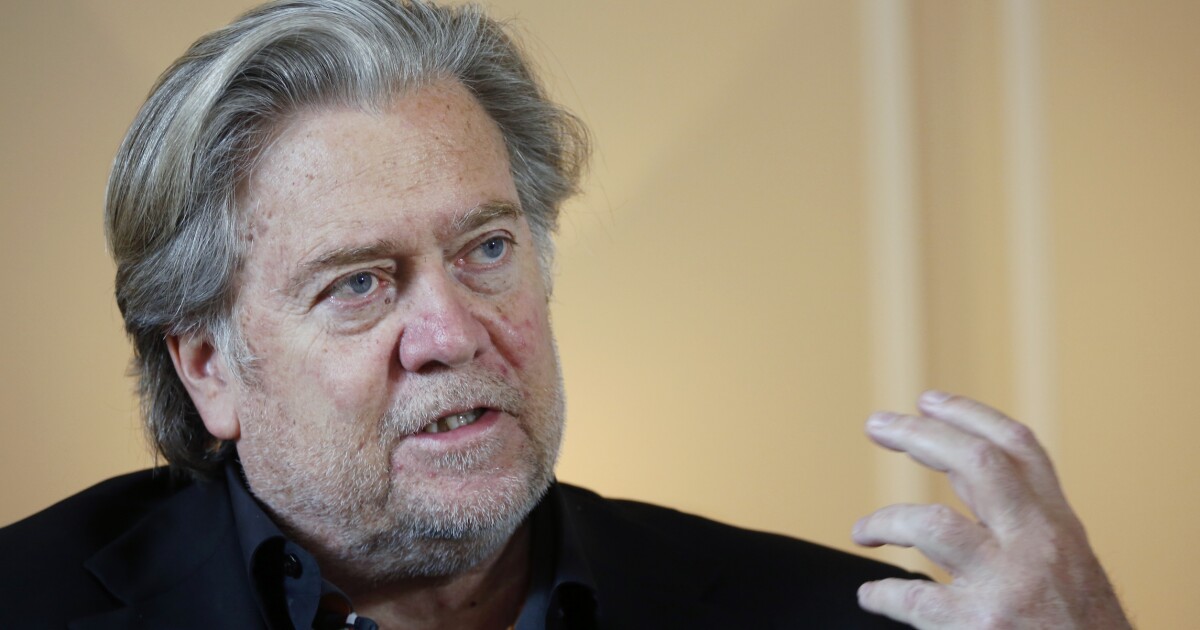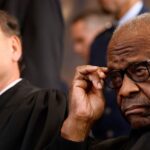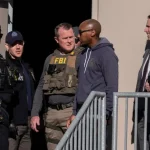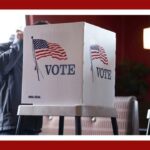

A judge declined to delay Steve Bannon’s trial just one week before he is set to appear in court on contempt of Congress charges.
U.S. District Judge Carl Nichols issued several rulings on Monday shooting down defenses being explored by Bannon’s attorneys. The judge also rejected a bid from Bannon’s legal team to delay the trial after his lawyers expressed concerns about a biased jury due to recent media coverage of the Jan 6. committee hearings.
JUDGE DELAYS PROUD BOYS TRIAL AFTER DOJ REQUEST TO REVIEW EVIDENCE FROM JAN. 6 HEARINGS
“While I am certainly cognizant of Mr. Bannon’s concerns regarding publicity, in my view the correct mechanism at this time for addressing that concern is through the [jury selection] process,” Nichols said, arguing it’s “unlikely” the court won’t be able to find unbiased jurors.
Among his decisions, Nichols ruled that Bannon could not present evidence that he had relied on past opinions from the Department of Justice’s Office of Legal Counsel when he refused to appear before the Jan. 6 committee, citing executive privilege.
Nichols also ruled that Bannon could not claim “entrapment by estoppel” and argue that he thought he was acting lawfully when he ignored the committee’s subpoena due to the advice of a government official because Bannon himself was not a government employee at the time the subpoena was issued. Additionally, the judge shot down the defendant’s efforts to use the “public authority” defense because former President Donald Trump was not a government official when he told Bannon not to comply with the committee’s request.
Ultimately, Nichols narrowed the focus of Bannon’s trial down to the central question of whether the former Trump adviser deliberately and intentionally refused to appear before the Jan. 6 committee after being subpoenaed.
“What is the point of going to trial here if there are no defenses?” said David Schoen, a lawyer representing Bannon.
“Agreed,” Nichols answered.
The former Trump aide faces two charges of contempt of Congress after failing to comply with a subpoena from the Jan. 6 committee for documents and testimony, claiming Trump’s executive privilege blocked him from cooperating. Prosecutors have disputed that argument, noting Bannon was not a member of the Trump administration at the time of the Capitol attack on Jan. 6.
CLICK HERE TO READ MORE FROM THE WASHINGTON EXAMINER
Bannon told the House committee on Sunday he would be willing to appear before investigators, preferably in a public setting, after receiving a letter from Trump that he would waive his executive privilege, allowing Bannon to testify. However, federal prosecutors determined that Trump had “never invoked executive privilege over any particular information or materials.”
“The Defendant’s timing suggests that the only thing that has really changed since he refused to comply with the subpoena in October 2021 is that he is finally about to face the consequences of his decision to default,” U.S. Attorney Amanda Vaughn wrote in a filing. “Instead, his continued failure to comply with the subpoena’s document demand while claiming he now will testify suggests his actions are little more than an attempt to change the optics of his contempt on the eve of trial, not an actual effort at compliance.”
Prosecutors emphasized Monday that his change of attitude would not erase the charges he faces for not cooperating with the subpoena and its deadline.
Bannon’s trial is set to begin in Washington, D.C., on July 18. He faces up to two years in prison and a fine of up to $2,000.






